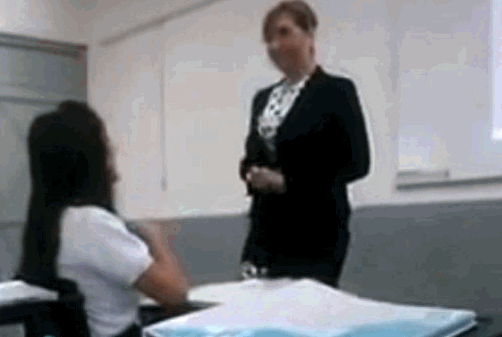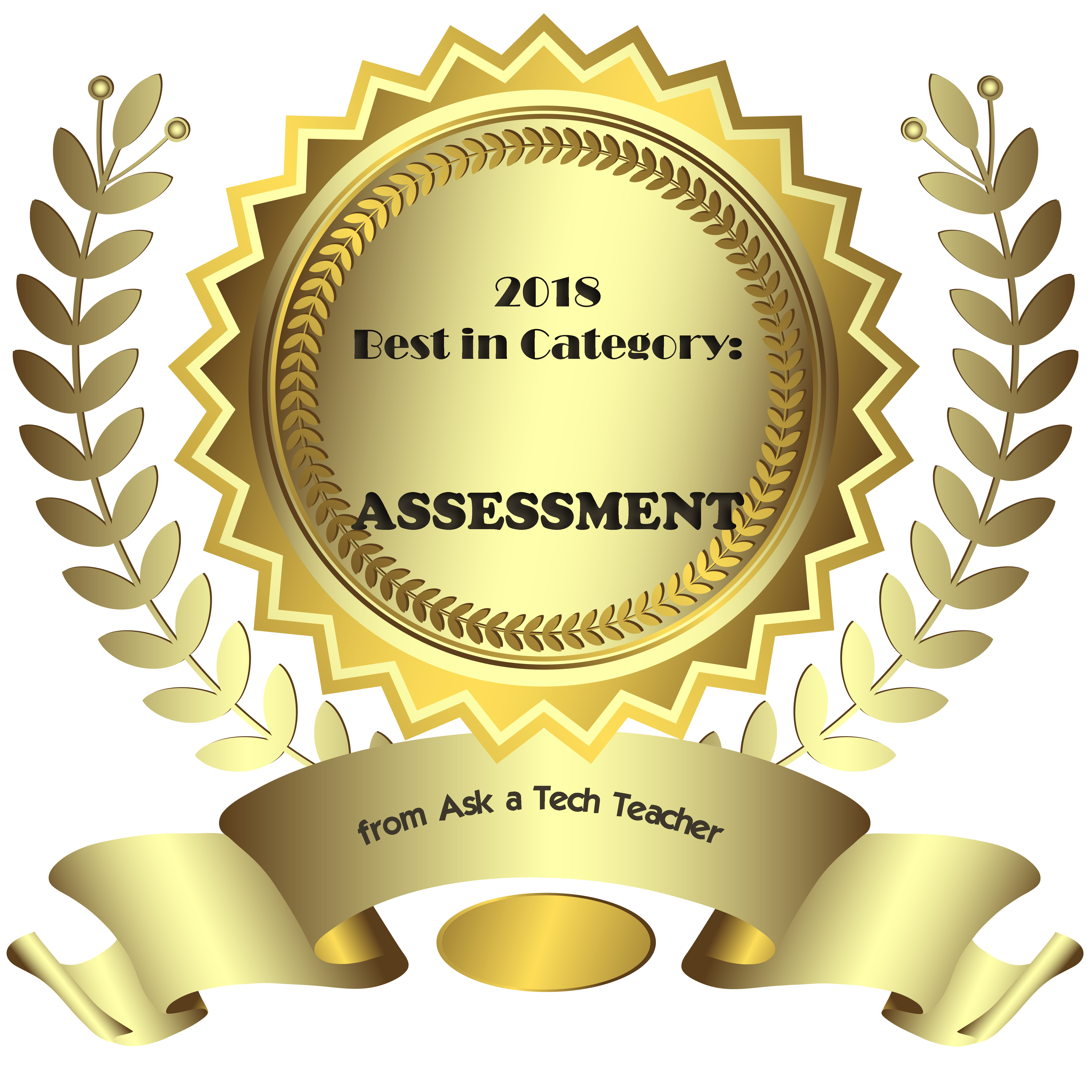Before I discuss Twitter, Tweets, and the K-12 teacher, watch this video (click the image), see what you think:
I don’t speak Spanish, so I’m relying on a CNN story to summarize what happened. Here is the gist of it:
After a student made obscene comments about a high school teacher in northern Mexico, she taught a lesson with an online post of her own: a video showing her confronting the girl in class. Now the teacher is on administrative leave. The student has been suspended. The video has gone viral, with hundreds of thousands of views on YouTube.
In the balance of the article, you find out that a student in the teacher’s class posted defamatory comments about her on Twitter and the teacher confronted the student in front of the class as part of a discussion on the power/potency of social media in people’s lives. The teacher admittedly crosses a line when she sinks to the student’s level and says to her (in front of the class), “Listen to me well: I will not allow anyone to call me that, especially a young brat like you and you.”
A couple of questions stumbled to mind as I watched and read:
- did the students get the point that the internet might make them feel anonymous and lost in the vastness of humanity–but they aren’t?
- do teachers have to submit to derogatory insults or are we allowed to defend ourselves, albeit in a professional way?
- do students think teachers don’t go on social media? Why would these students think they’d get away with their tweets?
- what are the social and ethical boundaries of social media?
- did the students really feel sorry for what they did or were they frightened?
- why were students taping the class?
- did the teacher go too far?
As much sympathy as I have for the situation this teacher was in, this is the world we now live in. Personal space and privacy exists only where no one has active digital devices. Everyone feels entitled to record and share with the world (under the mantra ‘the People have the right to know’). Videographers can edit their work to say what they want and most people won’t know the difference–worse, will assume it’s true. A camera in every hand is decided science in American law enforcement; assume you’re being recorded by people who don’t necessarily respect you or what you do.
As teachers, this is taken one step further. We are entrusted with a family’s crown jewel(s)–their children. We must always take the high ground, refuse to allow emotions to run our lessons, and at a moment’s notice, take the student’s perspective. When a teacher accepts that mantle, s/he becomes bigger than life and accountable for everything. Consider these hats a teacher wears:
- s/he is a moral compass for students. No teacher ever swears, cries, or goes to X-rated movies.
- s/he is a public figure. When teacher and student meet at a store or movie, the teacher retains her cape.
- s/he is a mandated reporter. If a teacher suspects abuse, s/he must report it. This falls only to a select group–those that work with children.
Teachers are accessible 24/7. They have no personal life, no private time, no evenings off. That’s a responsibility and an honor–and at times, a burden.
But the power of this particular lesson in digital citizenship is unmatched. What a message to students who consider the internet anonymous, the wild west of rights and responsibilities, anything goes if you can get away with it. What you would never do in person, you’re applauded for online. Whether you agree with the teacher’s actions or not, she transcends a simple black-and-white judgment by making herself a person–with a family who loves her and was hurt by the student’s actions.
What do you think? Was this an authentic lesson in social media, spiced by the fact that the students had to face the repercussions of their social media actions? Or should the teacher have handled this in private? If so, how?
Jacqui Murray has been teaching K-8 technology for 15 years. She is the editor of a K-8 technology curriculum, K-8 keyboard curriculum, K-8 Digital Citizenship curriculum, and creator of technology training books for how to integrate technology in education. She is webmaster for six blogs, CSG Master Teacher, an Amazon Vine Voice book reviewer, Editorial Review Board member for Journal for Computing Teachers, Cisco guest blogger, a columnist for Examiner.com, IMS tech expert, and a weekly contributor to TeachHUB. Currently, she’s editing a techno-thriller that should be out to publishers next summer.





































